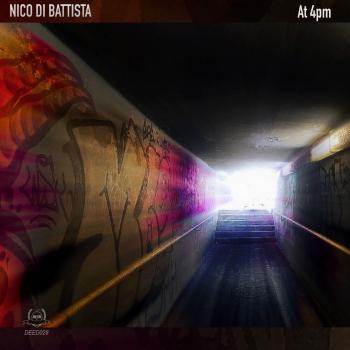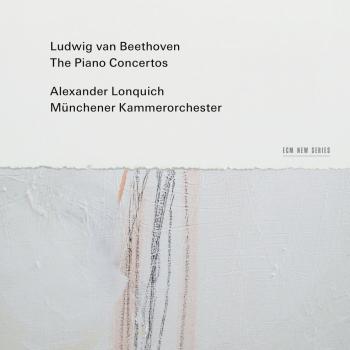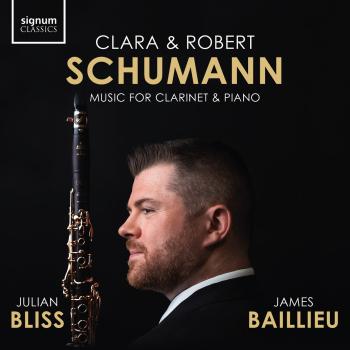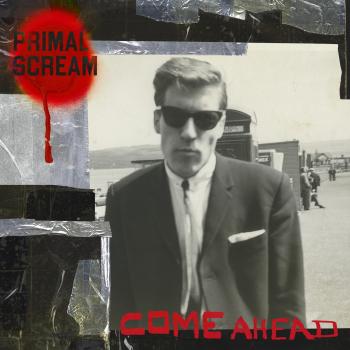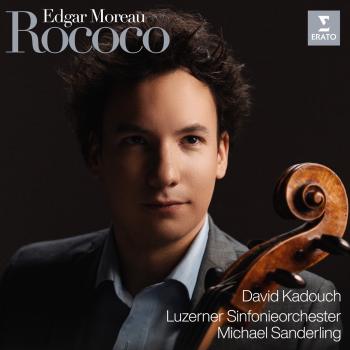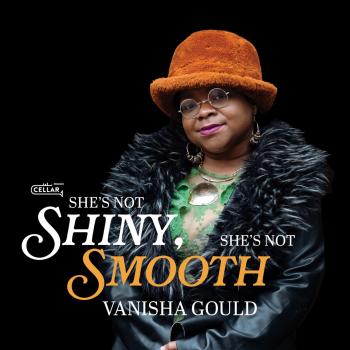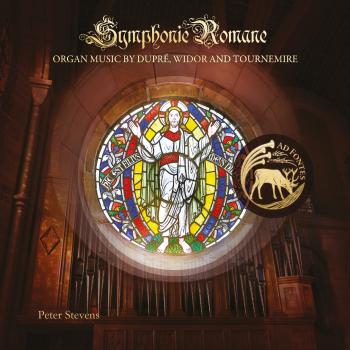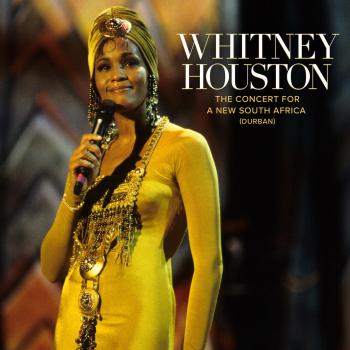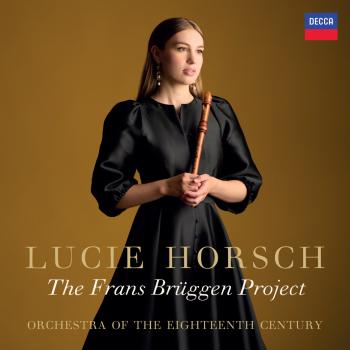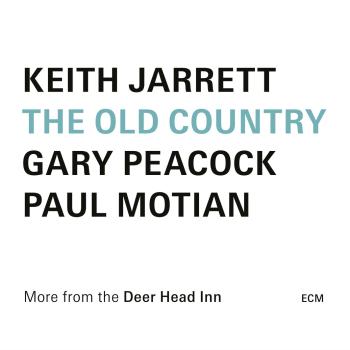
John Adams: Absolute Jest & Naïve and Sentimental Music Doric String Quartet
Album info
Album-Release:
2018
HRA-Release:
13.12.2018
Label: Chandos
Genre: Classical
Subgenre: Orchestral
Artist: Doric String Quartet
Composer: John Adams (1947)
Album including Album cover Booklet (PDF)
- John Adams (b. 1947): Absolute Jest:
- 1 Absolute Jest: Beginning 10:35
- 2 Absolute Jest: Presto 03:36
- 3 Absolute Jest: Lo stesso tempo 01:08
- 4 Absolute Jest: Meno mosso 03:20
- 5 Absolute Jest: Vivacissimo 01:56
- 6 Absolute Jest: Prestissimo 04:40
- Naïve and Sentimental Music:
- 7 Naïve and Sentimental Music: I. Naïve and Sentimental Music 18:45
- 8 Naïve and Sentimental Music: II. Mother of the Man 15:45
- 9 Naïve and Sentimental Music: III. Chain to the Rhythm 11:17
Info for John Adams: Absolute Jest & Naïve and Sentimental Music
As part of his final year as Music Director and following a two-season celebration of the Orchestra’s 125th anniversary, Peter Oundjian and the RSNO here present their second recording of music by John Adams, with the exceptional participation of the Doric String Quartet.
Written for a large orchestra including six percussionists, keyboard sampler, and amplified steel-string guitar, Naive and Sentimental Music is a sweepingly symphonic masterpiece, full of contrasts and clashes. It reflects the dichotomy between ‘naive’ and ‘sentimental’ poetry as analysed by Friedrich Schiller in his 1795 essay Über naive und sentimentalische Dichtung, as well as the ‘bipolar’ musical life of Esa-Pekka Salonen, the dedicatee of this piece, who conducted the first performance with the Los Angeles Philharmonic in 1999.
Absolute Jest is a large-scale scherzo for amplified string quartet and orchestra, heavily inspired by the music of Beethoven, which Adams has always deeply admired. The quartet of soloists, a late addition to the score, emphasises the echoes of Beethoven’s music (mainly his string quartets) and facilitates a ‘hyperspace rate’ of virtuosity, which the Doric String Quartet here perfectly demonstrates.
“… The playing is very good throughout and, again, the clarity of the recorded sound is top notch. Every line feels present in the overall orchestral arc so there is individuality but also brilliant blend. I was listening only in 2.0 stereo, so I imagine it’s pretty stunning in SACD. This is worthy to set alongside the RSNO’s previous Adams recordings, and is perhaps even more worthwhile because there is so little competition on disc for these two works. Definitely worth exploring.” (Simon Thompson, MusicWeb-International)
“…The RSNO’s playing captures all the delicacy, grandeur and zing of Adams’s complex score, while the Doric String Quartet brings sumptuous sweetness and laser-like clarity to its solo part… excellent disc…” (Kate Wakleing, BBC Music magazine)
“… How wonderful to have these penetrating second interpretations of two exquisite works, captured in the most sensually luxurious sound. I’d be hard-pressed to name another recent release which affords greater aural pleasure or more significant nourishment, beginning to end.” (Patrick Rucker, Gramophone magazine)
Doric String Quartet
Royal Scottish National Orchestra
Peter Oundjian, conductor
The Doric String Quartet is now firmly established as one of the outstanding quartets of their generation. In 2008 they won 1st prize in the Osaka International Chamber Music Competition in Japan, 2nd prize at the Premio Paolo Borciani International String Quartet Competition in Italy, where they also received a special mention for their performance of Haydn, and the Ensemble Prize at the Festspiele Mecklenburg-Vorpommern in Germany.
Now in its 12th season highlights over the last year have included a critically acclaimed Haydn evening at Wigmore Hall broadcast by BBC Radio 3, debut recitals in Paris (Auditorium du Louvre), Milan and Frankfurt, and visits to the Schwetzinger, Florestan, Isle of Man and East Neuk Festivals. Further afield the Quartet toured throughout Japan and returned to Israel and South East Asia. They have collaborated with Mark Padmore, Chen Halevi, Julius Drake, Piers Lane, Melvyn Tan, the Leopold String Trio and Florestan Trio.
During 2009/10 the Quartet return to Wigmore Hall four times, as Quartet and in recitals with Philip Langridge, Andrew Kennedy (for a world premiere) and Alasdair Beatson. Future engagements include recitals at the Konzerthaus in Berlin and in Lucerne, Brussels and Hamburg, return visits to Israel and Italy, and debut concerts in Australia, New Zealand, Spain, and the USA.
In November the Doric’s first commercial CD is released on the Wigmore Hall Live label of their Haydn concert at Wigmore Hall on 15 January 2009 and in 2010 they record their first CD for Chandos as part of a long-term collaboration.
Formed in 1998 at Pro Corda, The National School for Young Chamber Music Players, in Suffolk, from 2002 the Doric String Quartet studied on the Paris-based ProQuartet Professional Training Program, where they worked with members of the Alban Berg, Artemis, Hagen and LaSalle Quartets and with Gyorgy Kurtag. The Quartet continue to work with Rainer Schmidt (Hagen Quartet) at the Music Academy in Basel.
In 2000 the Doric String Quartet won the inaugural Bristol Millennium Chamber Music Competition which led to a seven year residency at the Wiltshire Music Centre combining a concerts series with education work across the region. They continue this relationship as ‘Artists in Association’. The Quartet went on to give recitals at the Purcell Room and Wigmore Hall under the auspices of the Park Lane Group, appeared at the ORF (Austrian Radio) Funkhaus in Vienna in 2003 and made their Edinburgh Festival debut in 2006.
Alex Redington and Jonathan Stone completed their postgraduate studies at the Royal Academy of Music in 2005 where they studied with Howard Davis. Simon Tandree studied in Saarbrücken and Detmold with Dietmut Poppen. John Myerscough graduated from Selwyn College, Cambridge in 2003 and is now a Fellow of the Guildhall School of Music and Drama where he studies with Louise Hopkins.
The Doric String Quartet acknowledges the generous support of an Anonymous Foundation.
Booklet for John Adams: Absolute Jest & Naïve and Sentimental Music

